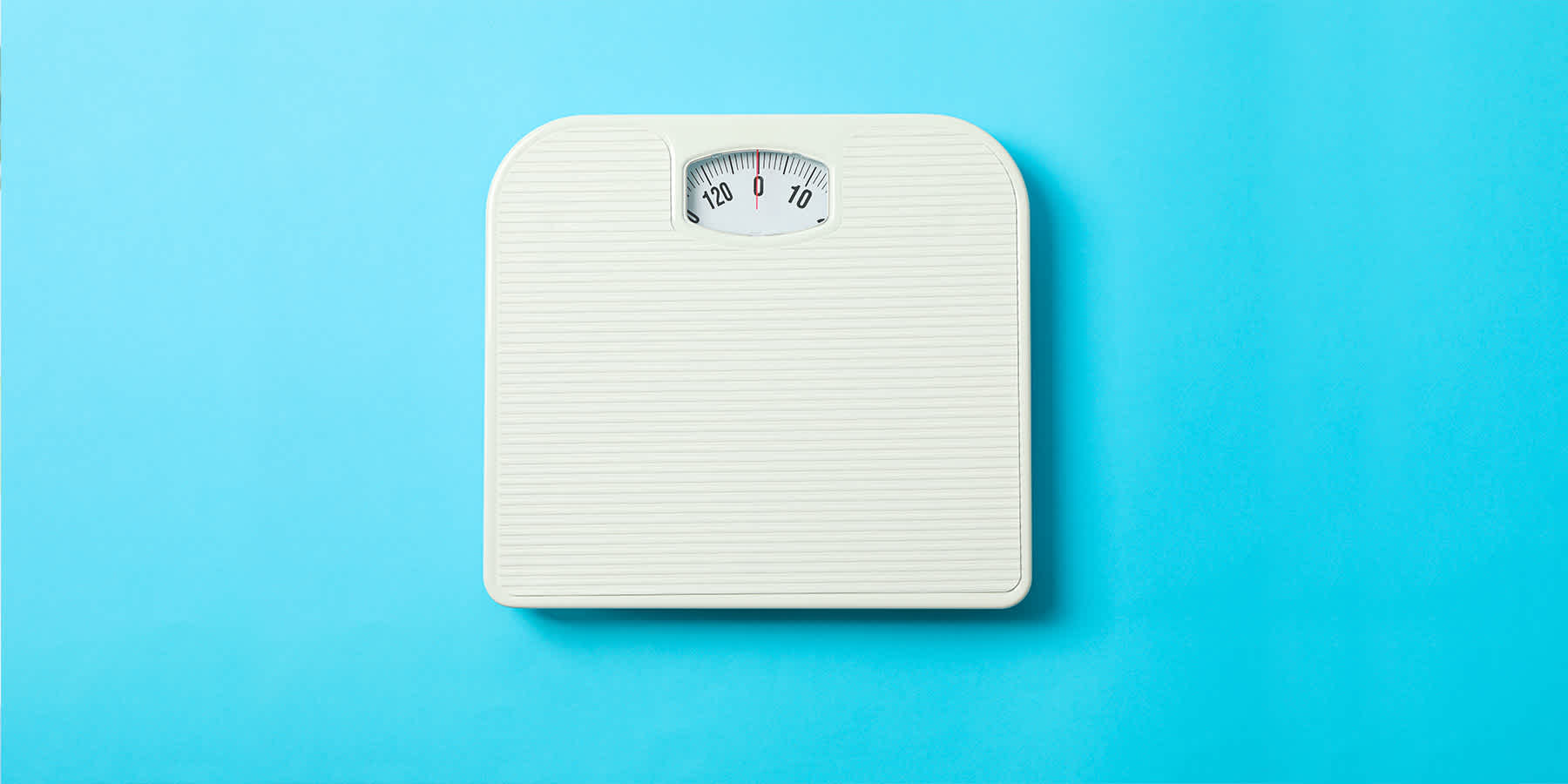
Measuring your health: how it works
Medically reviewed on May 15, 2023 by Morgan Spicer, Medical Communications Manager. To give you technically accurate, evidence-based information, content published on the Everlywell blog is reviewed by credentialed professionals with expertise in medical and bioscience fields.
Table of contents
How do you measure health? Your body is complex, which means your overall health is defined by more than just a number on the scale. While body weight is often used to measure your health risks, there are many other ways to evaluate your health.
Here are a few ways you and your healthcare team can measure your health over time.
Blood Testing
Blood tests can provide hidden insights about how your body systems are working. Several lab tests are directly impacted by changes in weight or are closely linked to weight-related health conditions [1]:
- Hemoglobin A1c (HbA1c) measures how well your body metabolizes glucose and can be used as an indicator of risk for developing diabetes. Fasting glucose is another similar test that is sometimes used in place of HbA1c.
- Cholesterol & Lipids measure how well your body metabolizes fat and is often used to assess cardiovascular risks.
- Thyroid tests measure key hormones in your body that regulate energy balance. Thyroid imbalances may impact your ability to lose or gain weight.
Weight
Weight is a popular metric used to monitor health—probably because it’s easy to measure and track over time. Your weight history can provide helpful insights for your healthcare providers when assessing your health. [2] The most consistent way to measure your weight is in the morning just after emptying your bladder.
BMI
While body mass index (BMI) is not without controversy, it can provide valuable insights about your health. Like weight, BMI is a simple tool that can help track changes in your body over time. BMI is closely associated with the risk of developing certain health conditions like diabetes and cardiovascular disease. [2] For certain ethnic groups, BMI classifications may differ, and in certain populations, like older adults and adults with high amounts of lean body mass, BMI may not be as useful. [3] To understand how BMI impacts your individual health risks, it’s best to talk with your healthcare provider.
Waist Circumference
Fat that is located around your waistline is associated with greater health risks than fat found in other areas of your body. [2] Increased waist circumference has also been associated with an increased risk for type 2 diabetes, high blood pressure, and cardiovascular disease. Weight loss can help reduce your waist circumference and associated health risks.
Blood Pressure
Your blood pressure measures the pressure in your arteries when your heart beats (systolic or top number) and when your heart is at rest (diastolic or bottom number). It’s been estimated that every kilogram (~2.2 pounds) of weight loss corresponds to a decline in systolic blood pressure of 1 mm Hg. [4] Losing weight can help improve blood pressure. If you are taking blood pressure medication, be sure to notify your healthcare provider of any weight changes, as your dosage may need to be adjusted.
Habits
For some people, tracking numbers can be stressful. As an alternative, you could also track your habits, such as how often you complete a healthy activity like eating fruits and vegetables, drinking water, or practicing self-care.
These are just a few of the many metrics you can use to evaluate your health. If you need help choosing which to monitor, ask your healthcare provider for guidance on what is most relevant to your needs. It’s also important to remember that trends over time are more important than any single number.
Self Reflection: Which measures of health will you use to track your progress? How will you use these metrics to adjust your habits and stay on track with your health goals?
Related content
Physical activity and weight loss
References
- Know Your Numbers. American Heart Association. Reviewed May 6, 2021. Accessed May 15, 2023. https://www.heart.org/en/health-topics/diabetes/prevention--treatment-of-diabetes/know-your-health-numbers
- Assessing Your Weight and Health Risk. National Heart, Lung, and Blood Institute. Accessed May 15, 2023. https://www.nhlbi.nih.gov/health/educational/lose_wt/risk.htm
- Ethnic Differences in BMI and Disease Risk. Harvard Obesity Prevention Source. Accessed May 15, 2023. https://www.hsph.harvard.edu/obesity-prevention-source/ethnic-differences-in-bmi-and-disease-risk/
- Aucott L, Rothnie H, McIntyre L, Thapa M, Waweru C, Gray D. Long-term weight loss from lifestyle intervention benefits blood pressure?: a systematic review. Hypertension. 2009;54(4):756-762. doi:10.1161/HYPERTENSIONAHA.109.135178
